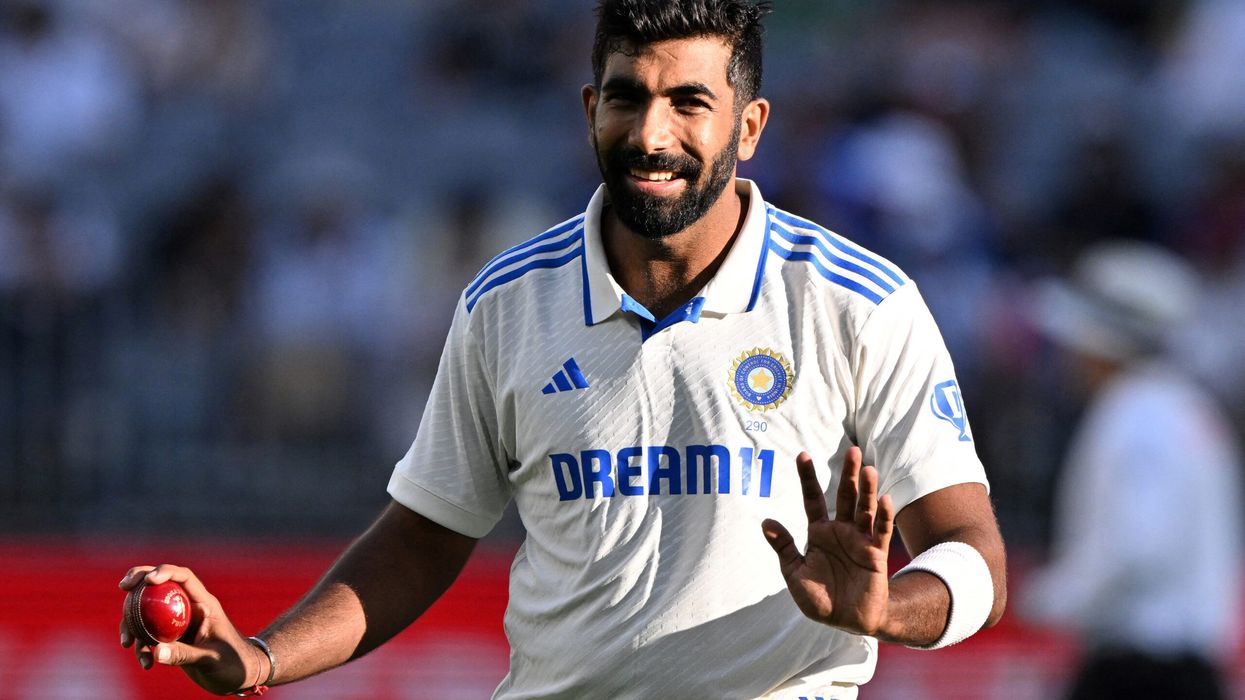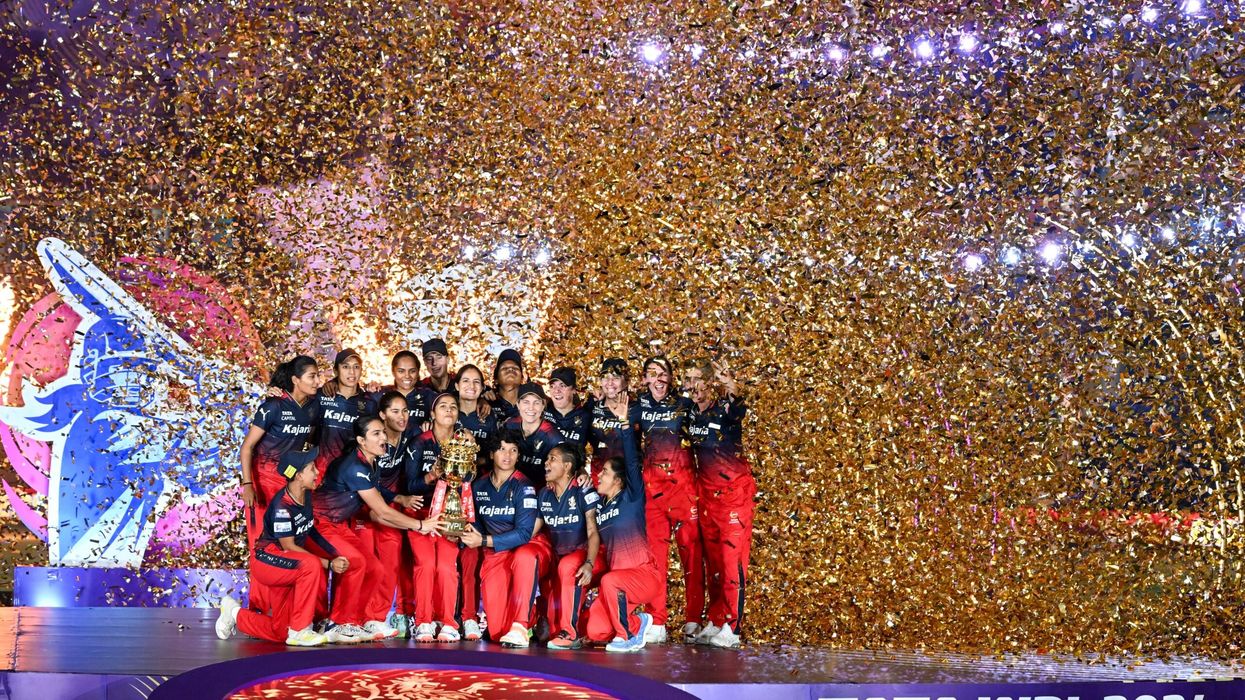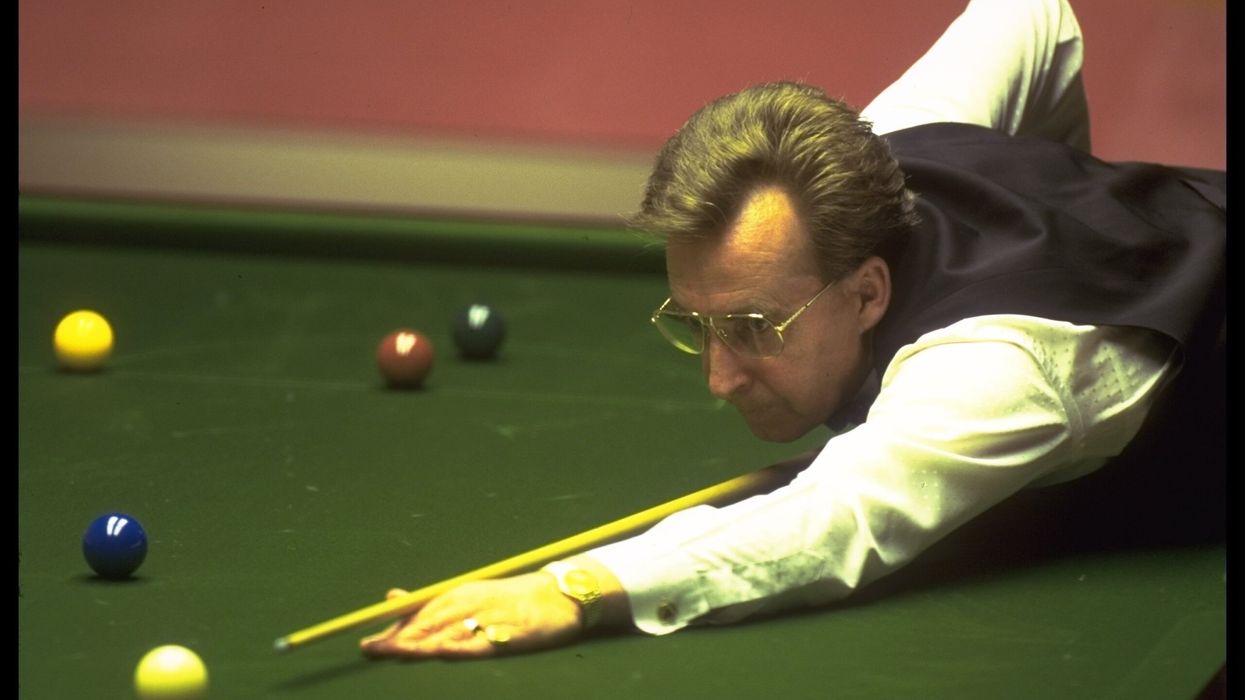Three unassuming women became the redeemers for India at the Rio Olympics as the country concluded its campaign with some good, bad and ugly memories.
Defying all odds and showing killer instincts, PV Sindhu, Sakshi Malik and Dipa Karmakar became the unlikely heroines and saved the country’s pride from returning empty-handed for the first time since Barcelona 1992.
The trio notched a few firsts for India. Sindhu, at 21, became the youngest to win an Olympic medal, a silver which was never achieved in badminton; and Sakshi’s bronze was also a first for women’s wrestling.
India’s first female gymnast Dipa went on to miss a bronze by 0.15 points, but her clean finish in the high-risk Produnova vault won the hearts of a nation.
Lalita Babar became the second Indian woman to qualify for the final of a track event at the Olympics in 32 years (PT Usha being the previous one in Los Angeles 1984) and finished 10th in the 3000m steeplechase. Eighteen-year-old golfer Aditi Ashok slipped away from being in the top 10 at the end of the second round to finish 41st with an overall score of seven-over 291.
But there were some ugly moments as well, when wrestler Narsingh Yadav was slapped with a four-year ban by the Court of Arbitration of Sports, which overturned the clean chit given to him by the Indian National Anti-Doping Agency.
The doping shame had returned to haunt India again, even as Narsingh claimed innocence. The grappler cried conspiracy but was evicted from the Games Village.
In more off-field controversy, sports minister Vijay Goel’s entourage was called ‘rude’ by the organising committee, which threatened to cancel his accreditation for trying to bring non-accredited people at the accredited areas of venues.
Indian athletics contingent’s middle and long distance coach Nikolai Snesarev was “detained” at a local police station for half a day and later released after a lady doctor at the Games Village made a complaint of misbehaviour.
Far away from home, India’s Independence Day celebration also made news for all the wrong reasons when the players were served merely peanuts in the programme hosted by the Embassy of India in Brazil and Ministry of Youth Affairs and Sport.
The on-field show too was hardly inspiring. Competing in 15 disciplines with their biggest-ever contingent of 118, India hoped to go past their highest tally of six medals at London 2012.
But the country stumbled on a tricky road in Rio when shooters fired a blank for the first time since Athens 2004, and the boxers lacked punch, also a first in eight years.
Winners of eight gold medals, the Indian men’s hockey team qualified for the quarter-finals for the first time in 36 years but could not progress further as they squandered a lead to go down 3-1 to Belgium.
In the group stages, India won against Ireland (3-2) and eventual gold-medallists Argentina (2-1), but lost two close encounters against reigning Olympic champions Germany (1-2) and silver-medallists Netherlands (1-2) before they were held to a 2-2 draw by minnows Canada.
They drew Belgium as their opponents in the quarters and lost comprehensively to make another early exit.
Tennis continued to have its share of controversies when Leander Paes, an 18-time Grand Slam doubles winner making a record seventh appearance, turned up late for the men’s doubles campaign with Rohan Bopanna.
The duo’s lack of practice was evident when they made a first-round exit, and the women’s doubles pair of Sania Mirza and Prarthana Thombare also followed suit.
Later, it was the mixed doubles pair of Sania and Bopanna who lifted India’s medal hopes before losing to the Czech duo of Radek Stepanek and Lucie Hradecka in the bronze play-off.
It was a flop show in archery as Deepika Kumari once again failed to live up to the hype and made some costly blunders as the much-fancied women’s team made a quarter-final exit, losing to Russia in a shoot-off.
The biggest disappointment was in shooting, which had earned India two medals in London, a historic individual gold by Abhinav Bindra at Beijing 2008, in their total of four medals from the last three editions, but they drew a blank in Rio.
World number three Jitu Rai provided the biggest hope to open India’s medal tally in the 10m air pistol on the second day.
He started off under pressure though and qualified for the final in sixth, only to be the first to be eliminated with an eighth position.
Next came his favourite 50m event, a competition where he won World Cup gold in Bangkok this year, but Jitu’s hopes were blown away by the wind.
Amid the gloom, Bindra, in his fifth and final Olympics, came closest to a medal but finished fourth after being edged out by 0.5 points in the shoot-off against eventual silver-medallist Serhiy Kulish of Ukraine.
There was disappointment from another senior pro Gagan Narang, who competed in three events of 50m rifle 3P, 50m rifle prone and 10m air rifle, but the London Olympics bronze medallist failed to make an impression in any of them.
The likes of Heena Sidhu, Ayonika Paul and Apurvi Chandela also failed to live up to the hype, losing in the elimination stage. National Rifle Association of India president Raninder Singh admitted making a ‘tactical blunder’ by allowing personal coaches for the athletes.
Just when the wait for a medal was becoming an intense pain and shame with four days left, a little-known 23-year-old wrestler from Rohtak fought like a tigress, even as others, including Yogeshwar Dutt, disappointed.
On a day when her more well-known teammate Vinesh Phogat was reduced to tears following a ligament injury to her right knee that forced her to forfeit her quarter-final bout to Sun Yanan of China in the 48kg freestyle, Sakshi fought back from 0-5 down to beat Aisuluu Tynybekova of Kyrgyzstan 8-5 in the 58kg bronze medal match in repechage. With the clock ticking away, a sensational Malik came from behind with a three-point move to clinch the issue as her opponent challenged for a review.
The decision went in India’s favour and it was an overflow of joy and emotions as Sakshi was lifted by her coach Kuldeep Malik and the duo took a victory lap.
It culminated in the wrestler bending on her knee with the tri-colour wrapped around her, as if she was hiding her tears of joy in front of a packed Carioca Arena 2, in one of the defining moments of Indian sport.
The next day, Sindhu, continuing her giant-slaying run, breezed past world number six Nozomi Okuhara to assure India the first silver in badminton in the Olympics.
Coming into the tournament as world number 10, the 13th seed was a transformed player as she defeated three players ranking better than her.
Sindhu first ousted Tzu Ying Tai (eight) in the pre-quarters and world number two Wang Yihan in the last eight, only to be halted by world number one Carolina Marina in a riveting singles final lasting one hour and 24 minutes.
She won the first game but the more experienced two-time world champion returned stronger to take the next two and win 19-21, 21-12 and 21-15.
Making a first Olympic appearance in 36 years, the Indian women’s hockey team was beaten comprehensively by Australia (1-6), Great Britain (0-3) and USA (0-3). They finished with one point, courtesy their 2-2 draw against Japan.
For a discipline that only had three participants with a non-existent federation, India’s boxers showed some promise. Vikas Krishan provided a ray of hope before being outclassed in a tough quarter-final fight against Bektemir Melikuziev.
Among the other two, Shiva Thapa found himself in the tough half of the draw when he was pitted against Cuba’s defending champion Robeisy Ramirez, who won by an unanimous decision in the first round of the 56kg bantamweight. Manoj Kumar won his first round but lost to Uzbek’s F Gaibnazarov in the 64kg lightwelterweight pre-quarters.
Archers were the first to land in Rio a month before the Games to acclimatise themselves to the conditions and maintained isolation, but it hardly translated into performance as they failed to progress beyond the quarters, while in the individual sections Atanu Das, Deepika Kumari and Bombayla Devi made last-16 exits.
The women’s team was fancied to return at least with a bronze and showed promise, leading 4-2 against Russia, before being blown away by the winds, losing 4-5 in the shoot-off of the last eight.
For India, the senior-most Devi impressed the most with a total score of 72 from her eight arrows, including three perfect 10, while Kumari flopped with a total of 69.
While Ashok impressed in women’s golf, in the men’s section SSP Chawrasia endured a horrendous final round of seven-over 78 to drop 28 places to finish tied 50th. Compatriot Anirban Lahiri closed with a 72 to be 57th in the sport that returned to the Games after 112 years. In athletics, 27-year-old Lalita Babar showed the way when she bettered her national record with a time of 9:19.76 to rank seventh in the women’s 3,000m steeplechase and make the final. Lalita could not improve in the final as she clocked 9:22.74 for a top-10 finish.
In the contingent’s last on-field action, men marathoners T Gopi and Kheta Ram clocked personal best times of 2:15:25 and 2:15:26 to end up 25th and 26th respectively.
India also participated in swimming, judo, rowing, table tennis and weightlifting, where their performance was bettered by the top competition.



